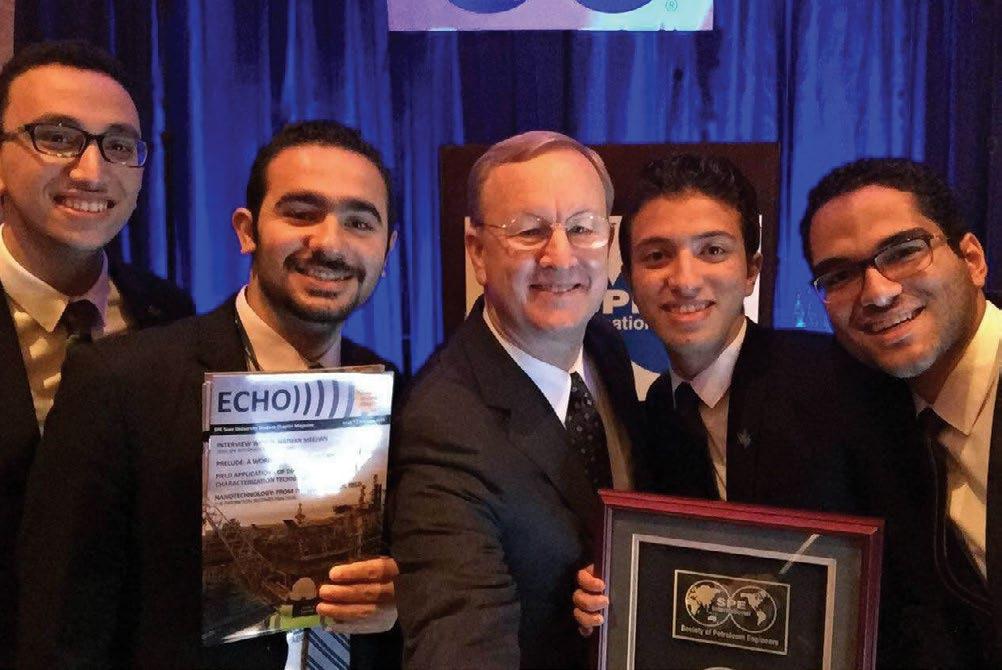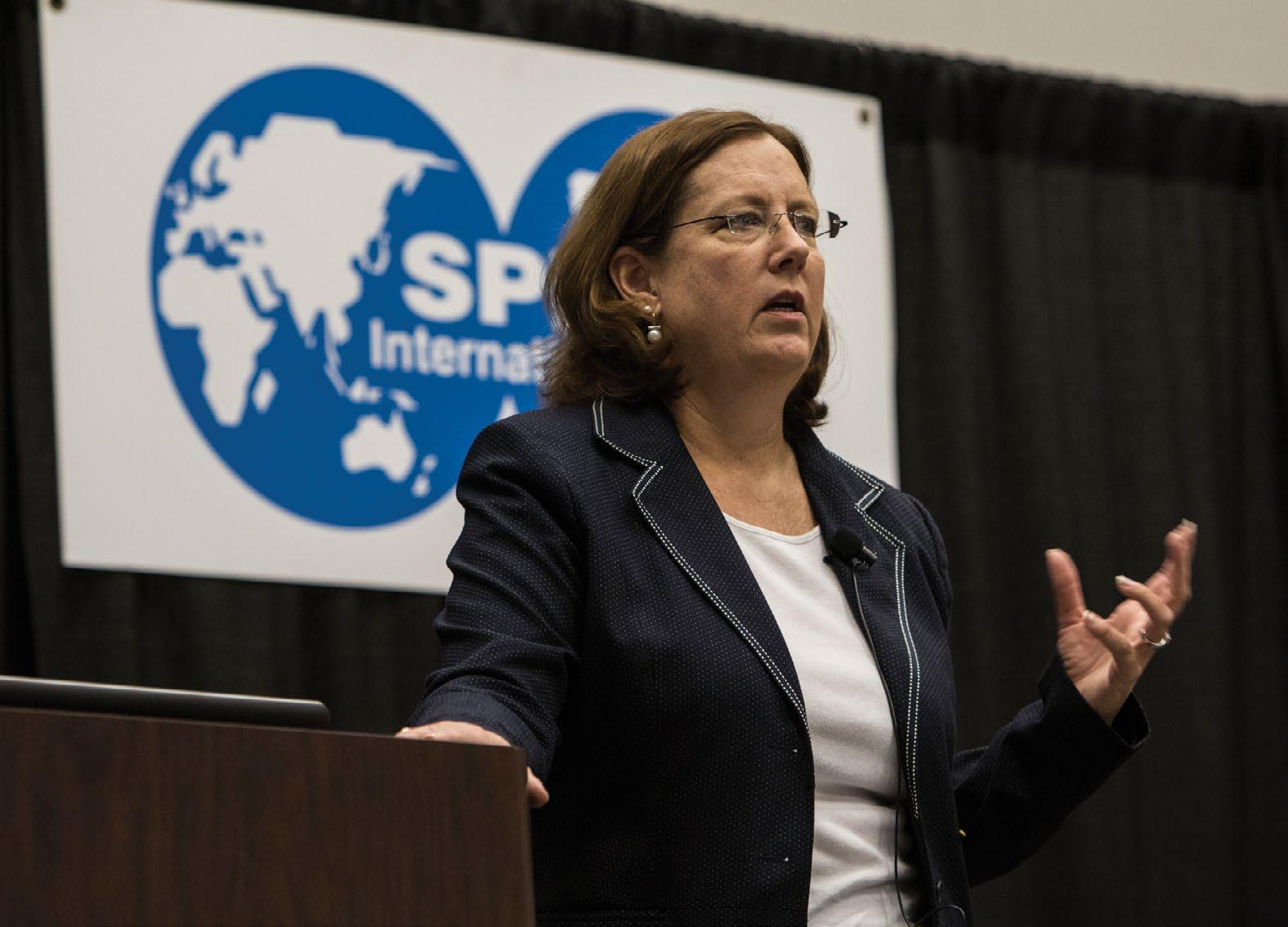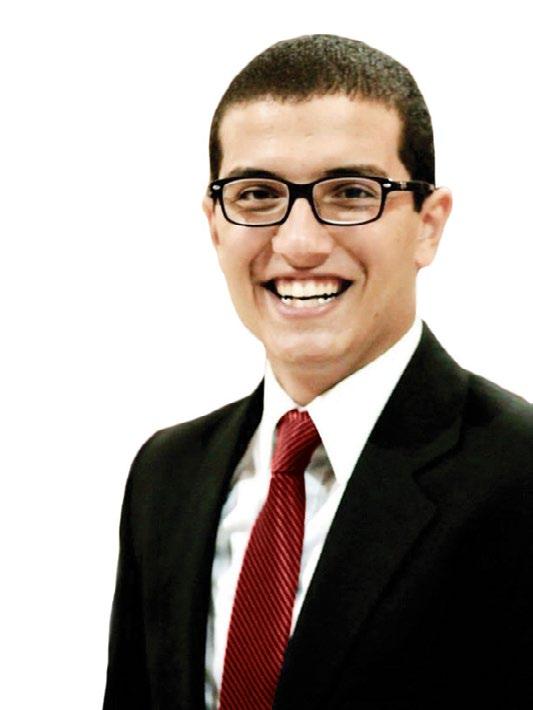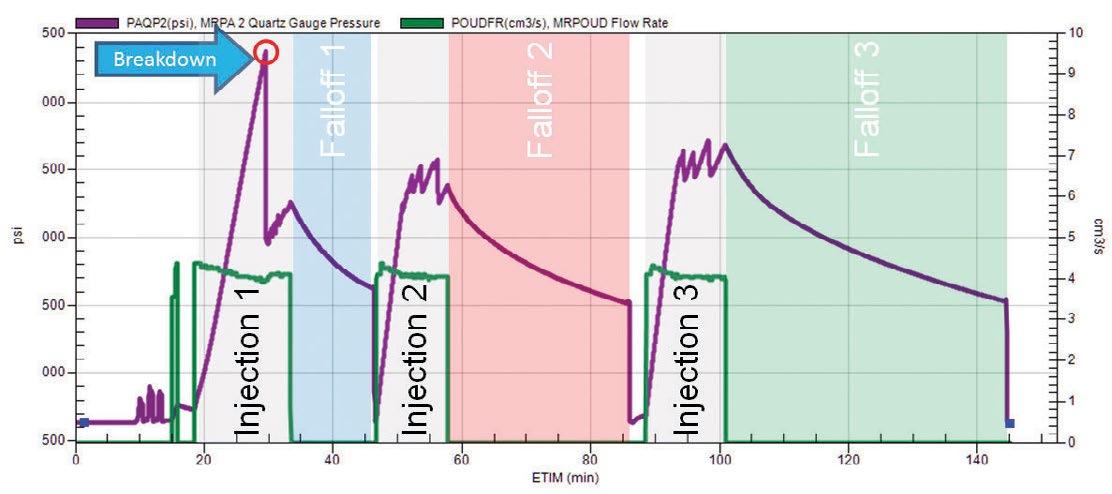INTERVIEW
Interview with Ms. Janeen Judah 2017 SPE International President By Mohamed Alaa Elkasaby and Abdelrahman Elhosany Janeen Judah is the General Manager for Chevron’s South African Business Unit. She currently serves on the SPE Board of Directors as Vice President of Finance. She has served as President of Chevron Environmental Management Company and General Manager of Reservoir and Production Engineering for Chevron Energy Technology Company. Also, she worked for Texaco and ARCO in various upstream petroleum engineering positions, starting in Midland in 1980. Judah holds BS and MS degrees in petroleum engineering from Texas A&M University, an MBA from The University of Texas of the Permian Basin, and a JD from the University of Houston Law Center. Judah will serve as 2017 President of Society of Petroleum Engineers. Ms. Janeen Judah, I would like to congratulate you for being 2017 SPE President. 1. First of all, we would like to know about your unique journey at SPE, and how glorious is it to be one of the industry pioneers helping the world receive their daily energy needs? Petroleum engineers bring energy to the world. I don’t think American engineers truly appreciate the magnitude of what we do until we travel to other parts of the world that do not have cheap, widely available electricity and fuel. Travelling to rural Africa and India showed me what remains to be done. Even in the USA, universal energy is still a relatively recent development; electricity was not widely available in parts of rural Texas until after WWII, and the US natural gas pipeline system was built mostly in the 1960’s. Just as the Aswan Dam accelerated Egypt’s development through cheap electricity, development of new oil and gas resources will do the same for other parts of the world. Engineers make that happen. 2. What are the secrets of your success to reach such a marvelous achievement of being 2017 SPE President?
04 | E C H O
•
F E B R U A R Y 2016
Perseverance, endurance, and the ability to “roll with” changes in business. For example, I’ve consistently been involved with SPE regardless of my employer or supervisor, through good times and not so good times. I started as a student section officer at Texas A&M University. I moved to Midland after college & volunteered with the local section, starting with the Scholarship Committee. I moved up through offices of the Permian Basin Section, becoming Chairman at age of 29. I returned to Houston in 1990, and started the path again with the Scholarship Committee, and eventually, Chairman of the Gulf Coast Section in 2001. This is my third time on the international board, as I’ve served as the Regional Director for Gulf Coast North America, and Financial Vice President. I’ve been consistently involved with SPE throughout my career, both for my own development, and to give back to the profession of petroleum engineering. 3. As there is a global trend towards gender diversity in the oil and gas industry, how do you see the role of women in our industry? Gender equity issues are societal issues and not unique to the oil and gas industry. In my involvement with the Society
of Women Engineers over the last several years, I’ve seen that gender issues extend across all engineering professions, and may extend even to non-industrial careers. The technological challenges we face in oil and gas require innovation and creative thinking, that’s why we can’t ignore half the brains in our society if we want to solve the big problems. Doing things the way we have always done it won’t cut it anymore. For unique aspects, I have special obligations as a woman president of a more than 90% male organization. I am the first woman president in 11 years, so the younger engineers hired in this last upturn have never seen a woman in the position. I know that women look to me as a role model, so I take a special effort to make myself visible to them, both in person and through social media. Follow me @JaneenJudah – I often tweet on career development issues. In my early career, gender bias was overt, but now is more subtle and unconscious. Women especially should let their supervisors know what opportunities they want – otherwise others can make assumptions and limit your options for you. I believe the most significant challenge for women








